Even before completing my qualifications to become a Registered Dietitian back in 2013, I was pretty sure that at some point I would work in sports nutrition. Given that I spend the majority of my spare time playing, watching or thinking about sport, it always seemed like the most obvious of connections between expertise and interests.
However, it remained nothing more than a vague notion for many years. I did do a fair bit of research and shadowing of some prestigious sports nutrition experts early on, but then left it to one side; I knew that I really wanted to first find my footing as an acute NHS dietitian before exploring other options.
Inevitably, five years then sped past, as I became increasingly specialised in gastro, lower GI, and ultimately, critical care dietetics, and there was rarely a chance to have a lunch break, let alone find the right time to start a postgraduate sports nutrition qualification. I probably thought about it once every six months then shelved it again.
And then, towards the end of 2018 I realised there will never be that right time, so I put the feelers out again, but properly this time. I knew from the outset that if I was going to do this, it needed to be done well. I wanted to be credible, and from my perspective, that meant being on the Sports and Exercise Nutrition Register (SENR), which is the nationally recognised mark of quality for professionals in the field.
Of course, there would have been nothing to stop me (or indeed anyone) from giving sports nutrition advice without being on the SENR, and I had certainly already dabbled in some basic performance nutrition – not least for my own running. However, in the world of nutrition, qualifications and registrations are incredibly important. Why? Because everyone eats. Lots of people think a lot about what they eat, and therefore claim to be an expert. Not being regulated by professional boundaries or scientific evidence, these folks can then shout as loudly as they like on social media about nutrition. Of course, those that shout the loudest and make the wildest claims will get the most attention, creating more ‘experts’ in the process, and so on…
The only way to clearly distinguish yourself from this noise is through recognised qualifications. This applies to being a Registered Dietitian (a protected title), but also to sports nutrition. Everyone in the world of sport seems to have an opinion (often strongly-held) about nutrition, and there seems to be a real issue of ‘staying in your lane’. Lots of physios, S+C experts and coaches will readily dish out nutrition advice for which, if we’re being honest, they’re not qualified. Clients often ask me for my opinion on training programs, and I will always make it clear that it’s not something I’m trained in (not yet anyway…watch this space), but am happy to give my non-expert opinion. The best physios, S+C experts and coaches that I’ve encountered do the same, i.e. they may give some basic, generic nutrition advice but would refer on to a Registered Sports Dietitian or Nutritionist for anything specific. I am not for one moment suggesting that their experience working with athletes counts for nothing, but part of training in any specialism is, or should be, learning to work within the limitations of your own practice.
Major digression there, but I think it’s an important point to raise. Back to putting the feelers out, I contacted a range of SENR-accredited course leaders, as well as friends of friends that had completed some of the courses. I settled on the Applied Sports Nutrition Postgraduate Certificate at St Mary’s, and arranged to start in September 2019.
Fast-forward to the course itself, and if I’m being completely transparent, I had not expected to learn anywhere near as much as I did, from the hardcore science of exercise physiology, to the very practical components applying the theory to the athletes. This was obviously a good thing and very reassuring, seeing as I had parted with a significant sum of money and all of my free time for a year, but also a real challenge on top of full-time work in ICU.
The coursework projects in particular were extremely interesting but more time-consuming than I can ever remember from previous academia (MSc included), and this was before we even got to the mammoth, heavily weighted final task…the slightly ridiculously named ‘Sportfolio’. This was where we worked directly with an athlete, leaving no stone unturned as we produced 100 pages of theory and practical nutrition and hydration strategy. I am not exaggerating when I say this took more time than my MSc and BSc dissertations combined, but on the whole, I loved it (again, reassuring).
The only problem of course, is that by the time this big project started, we were in a pandemic. No need to remind everyone of how crazy ICU was during these months, but I think it’s fair to say it was the busiest and most relentless year of my professional life. So, completing this project during this time, and in the process, the PG Certificate, definitely goes down as one of my proudest achievements.
I handed it all in in May 2020, and then had to wait patiently for results, degree classification, and ultimately, to get my name on the SENR. Of course, the pandemic affected all of that as well. I did not wait to set up Tom Hollis Health and start seeing clients, but it was not until a few weeks ago in 2021 that I finally had confirmation that I had been awarded a Distinction. I immediately started the application for SENR, and as of this week, I can now, finally, see my name on their register. This marks the end of nearly a decade of thinking about this, but also the official start of an exciting new chapter.
Why did I bother writing this blog? Well, some people may not necessarily care where they get their sports nutrition advice from, whereas others may not realise that SENR exists. But for those that do care, and want credibility, I proudly display the SENR logo on my website, and I want you to know that it has been hard-earned!
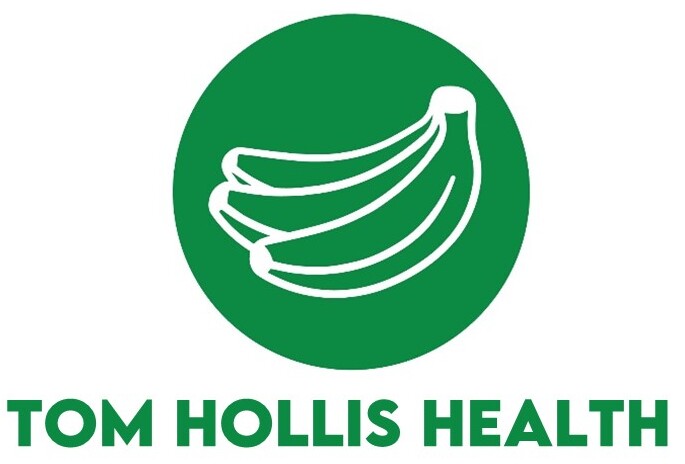
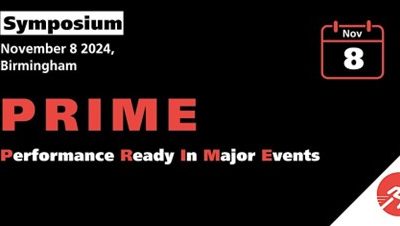
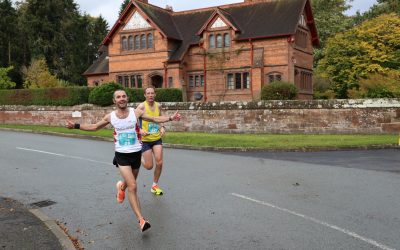
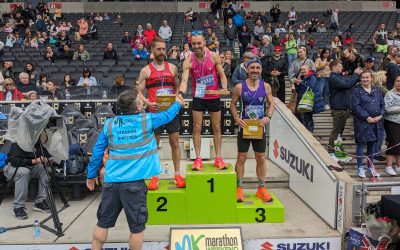
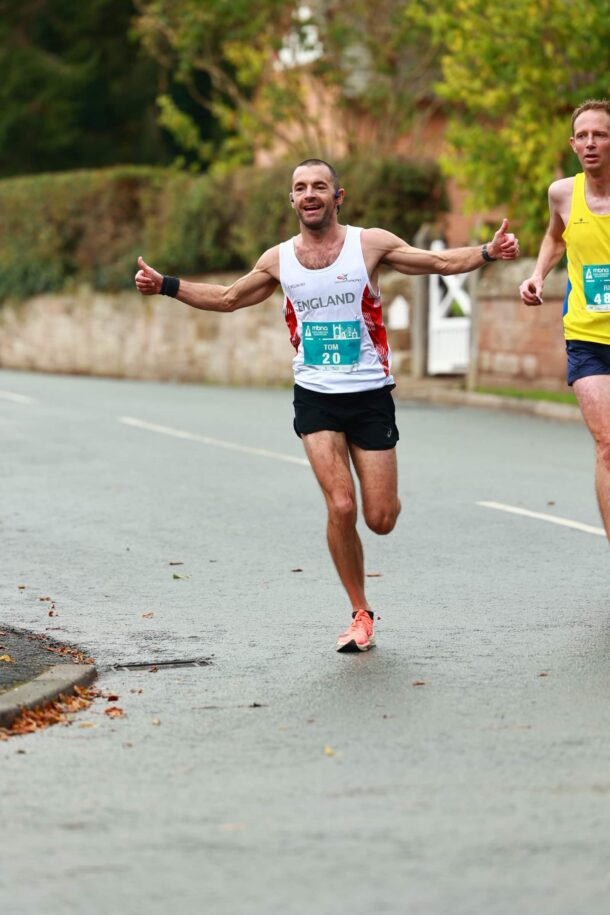
0 Comments